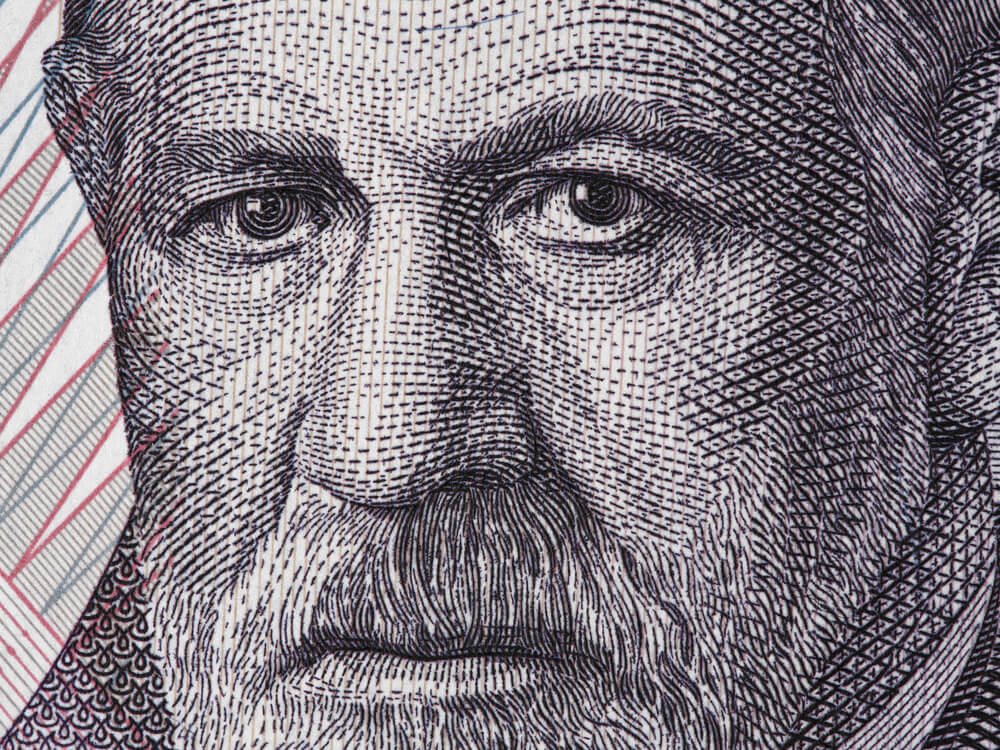A strong self, according to Sigmund Freud’s Theories, is the entity capable of understanding its own needs while understanding the limits established by society, so we must be able to move freely, highlight internal repressions and know how. move around our daily environment to act with integrity and satisfaction.
We could begin by saying that many of the substrates that fed psychoanalysis in their day are no longer valid today, no doubt outdated ideas about penis envy or female hysteria have been left behind, but it must be said that psychoanalysis remains relevant, combined. with other techniques to adapt to the current era.
- The sacred fire ignited by the Viennese sorcerer (this is what Freud called it to introduce a type of therapy as innovative as it was risky at the time) remains in place.
- But loses some of the undeniable spark he had until a few years ago.
- As studies such as linking University in Sweden reveal.
- The main problem with psychoanalysis is the duration of treatment.
This type of therapy requires sessions four times a week for as many months or years as necessary, today something like this requires a high commitment that is not always easy to fulfill, today’s life, so demanding and characterized by immediacy, does not always fit into this long-term treatment regimen. Therefore, it is more common to use short approaches and therapies.
Sigmund Freud would not accept such an approach. For him, one of the main objectives of the psychoanalyst must always be to work on the ego of the patient, to make this psychic force a healthy body and thus cure any conflict that interferes with the freedom and well-being of the person.
Something like that takes time, a lot of commitment and hard work
“Being completely honest with yourself is a good exercise. ” Sigmund Freud
One of Sigmund Freud’s most interesting works was undoubtedly from neurology to psychoanalysis, it should be noted that this is an unfinished book. Freud was in exile because of World War II, he was already much older and his health did not allow him to complete what was his posthumous and most revealing work.
The book was a synthesis and, in turn, a way to deepen his most relevant theories, such as the psychic apparatus, the interpretation of dreams and psychoanalytic technique, the most remarkable aspects being the keys with which he further outlined the concepts of Id, Ego and Surmoi, which the experts called the second Freudian subject.
For the first time, the celebrated Viennese psychoanalyst immersed himself in what he defined as the “strong self” and the need of the human being to consolidate this entity in our psychic architecture. What Freud himself reveals to us is how complicated it is for us to develop a healthier sense of ego.
These would be the reasons why many of us are not satisfied, happy or free.
Two opposing forces coexist in us. On the one hand there is the Id, with its basic and elementary needs; on the other hand, the Surmoi, with this strict society that delimits our desires, our aspirations, our dreams.
In the book From Neurology to Psychoanalysis, Freud explains that there are a number of factors that determine the fact that we cannot develop a strong self. The following causes are:
As can be seen (and unsurprisingly), Freud attached great importance to the period of childhood. However, what is really valuable about this pomous work is precisely the advice it offers to form a strong Ego. These would be the keys:
As we can see, many of Freud’s ideas in the early and mid-20th centuries remain useful or at least worthy of some reflections. Therefore, let us not abandon this healthy exercise.

